Minimum wage: Nigeria lags behind war-weary Libya

Justina Adikwu (not real name) was excited that the abstract of conference paper was accepted by a committee in Europe. She was billed to make an oral presentation in September 2018. Having received all supporting documents, including an invitation letter, flight ticket, hotel accommodation, insurance cover, and other necessary documents, she went to the European country’s embassy in Abuja to apply for entry visa. Justina submitted along with the application her print outs of her pay slips and bank statements for six months. Feeling confident, she waited for the visa as she fine-tuned her paper and made other preparations for the trip.
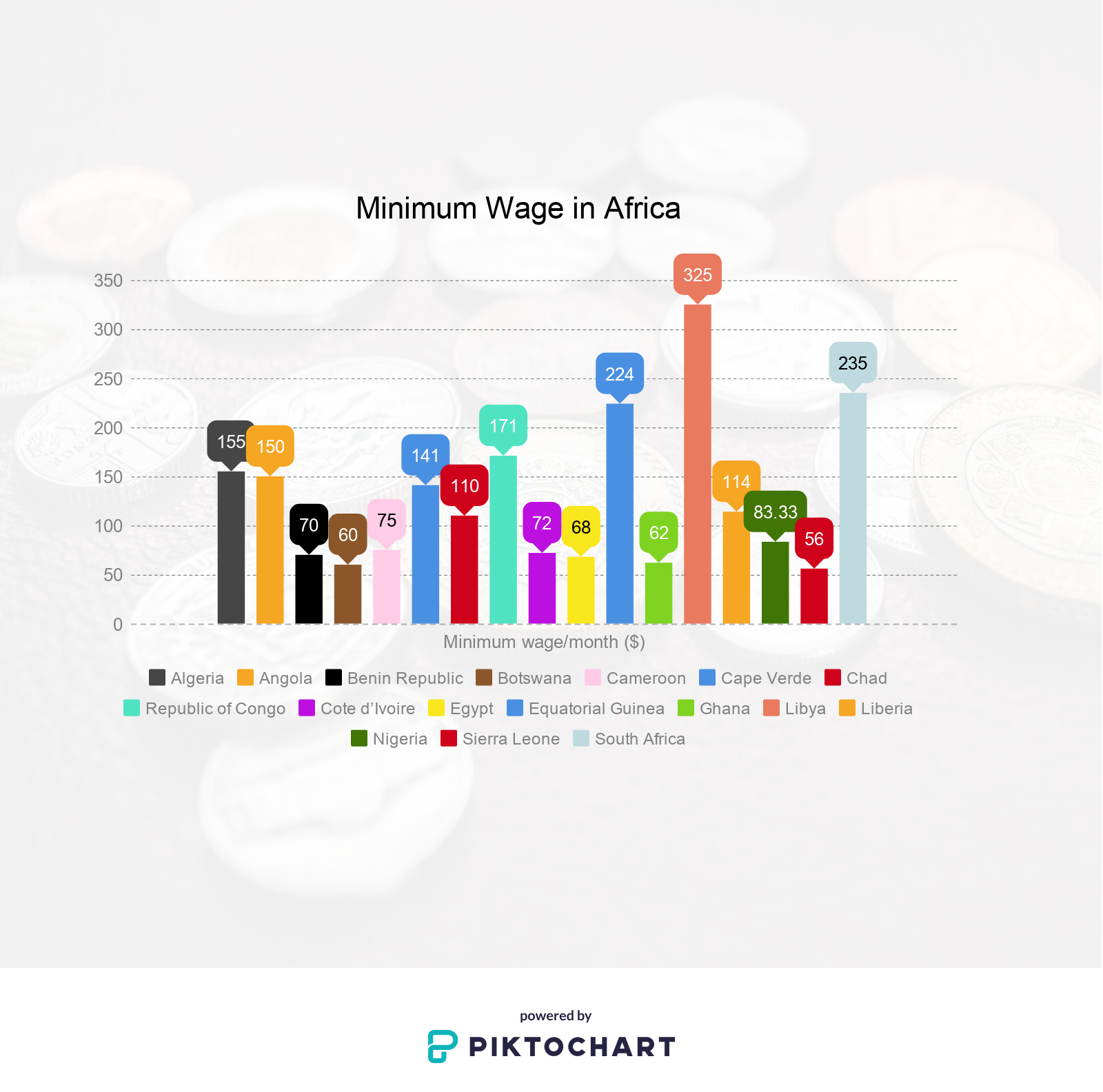
But the trip was not to be. When Justina collected her international passport from the embassy, she discovered that she had been denied a visa to the European country. Reason? Her salary was too little, so the embassy staff would not take the risk of issuing her with a visa to travel to Europe because she could melt into that country and not return to Nigeria at the end of the programme. A middle level staff in a private firm in Abuja and Master’s degree holder, Justina’s salary was about N120,000 per month. When converted to USD, she earned less than $400 per month. Added to the fact that she was single, the embassy’s staff thought it was risky to allow Justina to attend the conference and share her knowledge with professional colleagues from other parts of the world.
Many Nigerians have suffered the same fate as Justina as a result of the low wages paid in Nigeria by both public and private sectors. On Thursday, President Muhammadu Buhari signed the new minimum wage into law, which puts the minimum amount a worker should earn in Nigeria to N30,000.00. Though this is an improvement on the previous N18,000 minimum wage, in US dollar terms, it is still very poor. It is about $83.33, a little bit above the benchmark for poverty level. However, the purchasing power of the new minimum wage is very weak. For instance, in 2014, the dollar exchanged for about N150.00. A bag of rice was about N7,000. Therefore, the old minimum wage of N18,000 could purchase two bags of rice. But the current N30,000.00 can purchase only one bag of rice at the current rate of N17,000 for a bag of rice.
Apart from the low purchasing power, Nigeria’s minimum wage is far below Africa’s average. It ranks 11th in a survey of the minimum wage of 17 African countries. Nigeria’s new minimum wage is lower than what is obtainable in crisis-ridden Libya, from where hundreds of Nigerians are being repatriated from slave labour.
The outgoing 8th National Assembly had passed the new minimum wage bill on March 19, 2019, and President Buhari has signed it, less than a month after. During the electioneering campaign for the 2019 elections, President Buhari had promised to sign the wage bill into law.
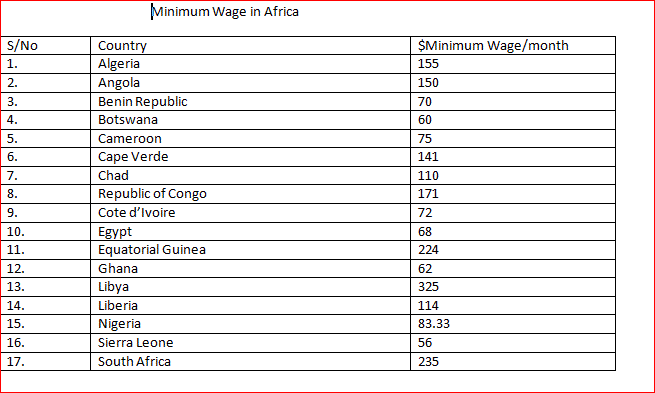
This new minimum wage is a far cry from what the Nigeria Labour Congress had proposed. In 1981, the minimum wage in Nigeria was fixed at ₦120 per month. That was when the Naira and British pound exchange rate was parallel. The minimum wage was reviewed upwards to ₦5,500 in 2001, and to ₦18, 000 in 2010. As at 2010, Niger Labour Congress had begun to request for ₦52,200 minimum wage in order to ensure that the earnings is improved as a result of the perennial devaluation of the Naira against major world currencies.
Trading Economics, a data analysis website, has put the living wage in Nigeria at N43,200 as at December 2018. The living wage, according to economist Kimberly Amadeo “is the amount of income needed to provide a decent standard of living. It should pay for the cost of living in any location. It should also be adjusted to compensate for inflation.” This means that any amount below this benchmark cannot be considered to be good for labour in this country. So, the new minimum wage is not yet a living wage.

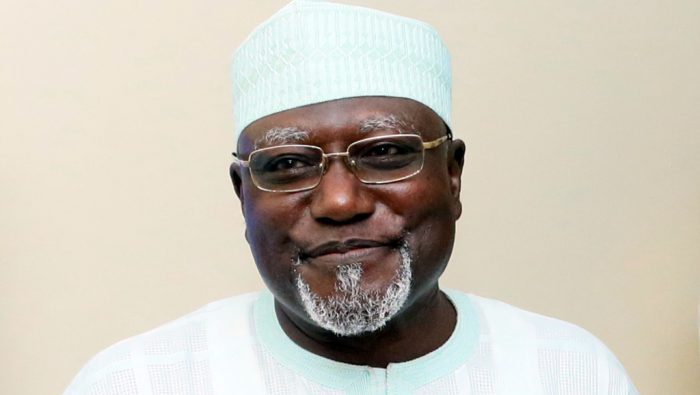
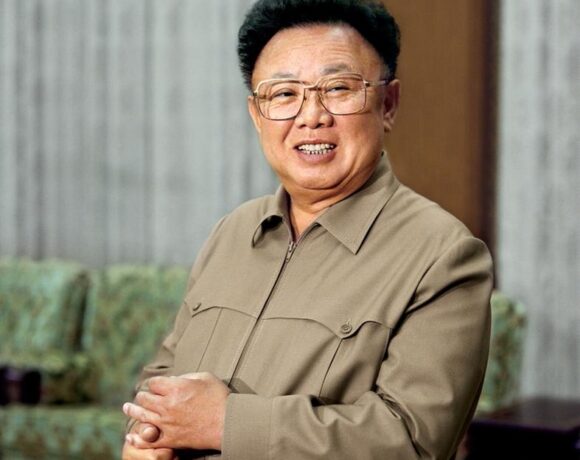
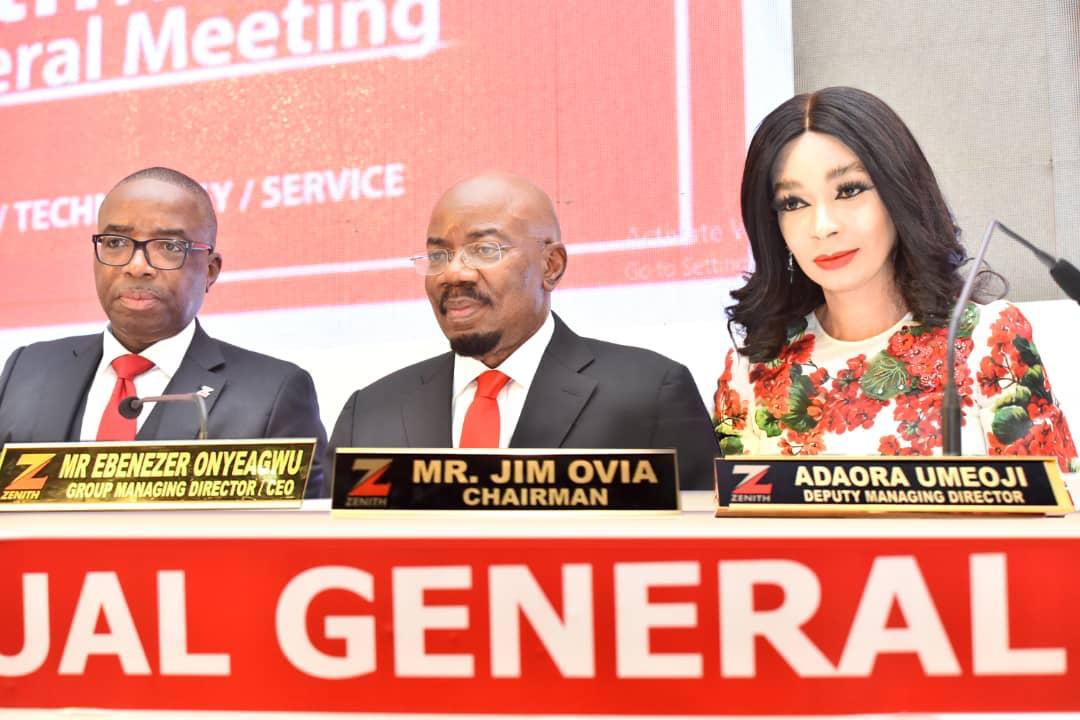
Kingsley Okoye says:
Great write-up Dr,quite revealing and insightful. The Federal Government must work providing as living wage for workers in Nigeria.